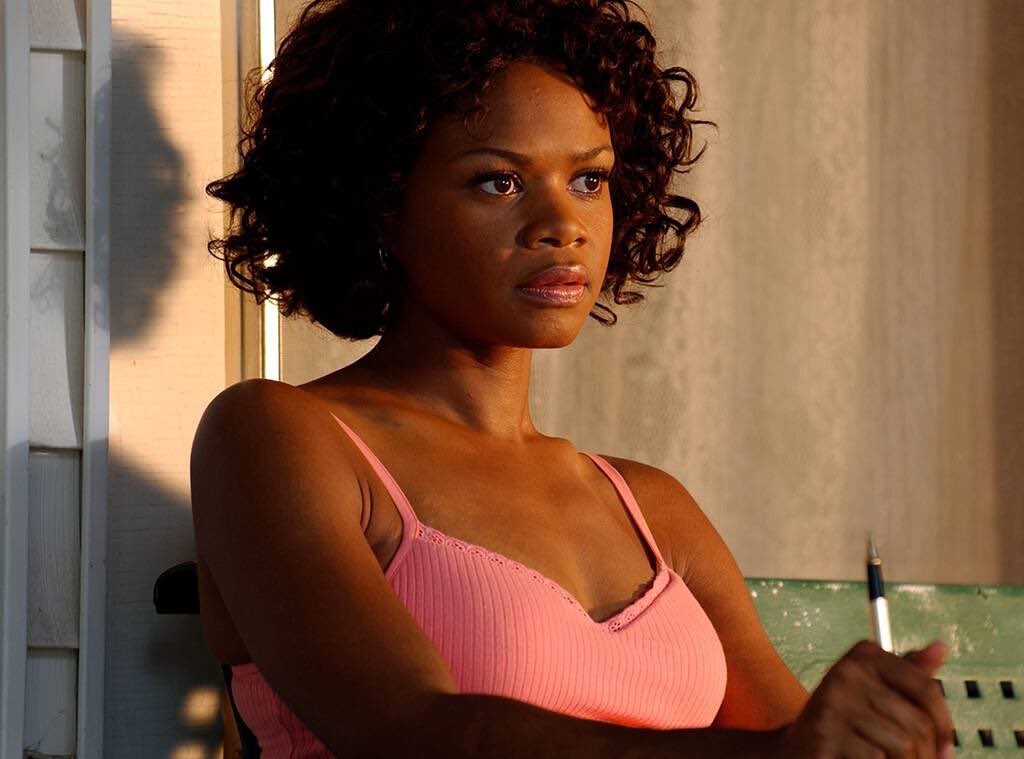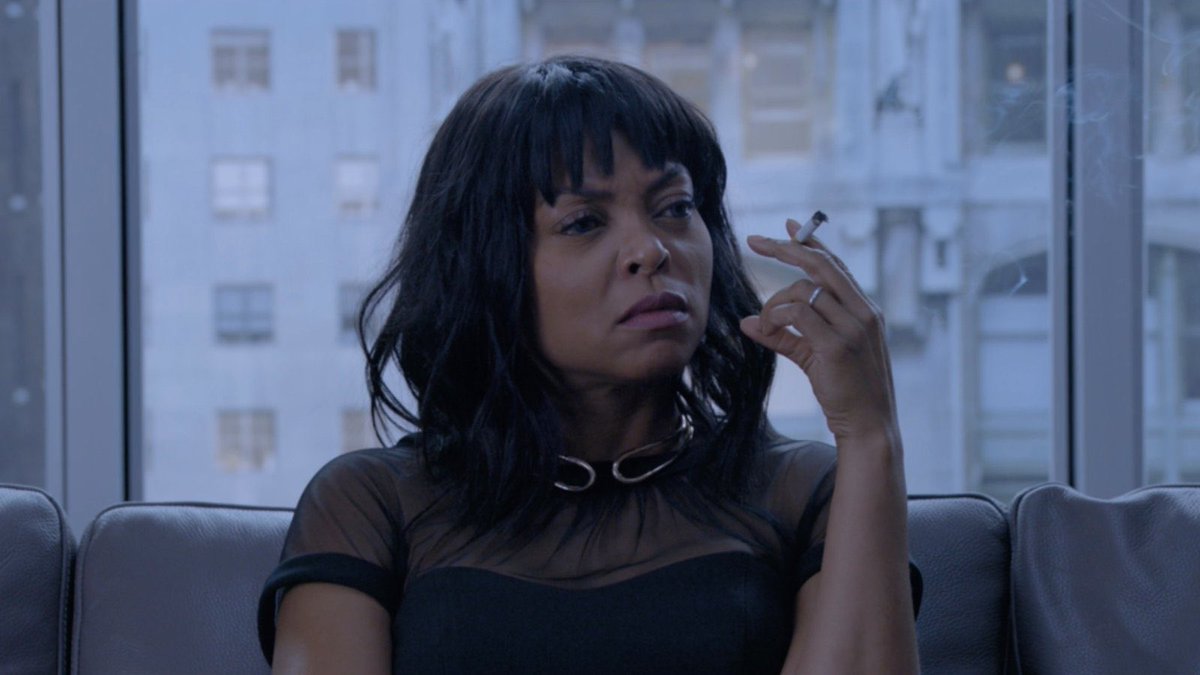Tyler Perry became a billionaire by catering to misogynoiristic cultural appetites and patriarchal representational economies that repurposed historically antiBlack tropes like the Mammy, the Tragic Mulatta, and the Brute, just under Black creative jurisdiction this time. https://twitter.com/misslatoyalee/status/1301003590924931072">https://twitter.com/misslatoy...
there is room to talk about the Black dramatic, Black vaudeville, and the history of the Chitlin Circuit; there is also room to talk about how Tyler Perry hired extremely talented Black actresses who continually are dismissed and disremembered by an antiBlack Hollywood.
however, it is gross mischaracterization to say he became a billionaire on his own terms, particularly when the cinematic universe he has built and continues to build is especially at the expense of Black fem(me)s necessarily through its parasitic reliance on the Black mater(nal)
“the Black mater(nal) marks the discursive-material trace effects and foreclosures of the dialectics of hegemonic common sense” and the “related signifiers...haunt[ing] the terms and operations tasked with adjudicating...proper perception of the world as such.”
— Zakiyyah Iman Jackson, _Becoming Human: Matter and Meaning in an AntiBlack World_, p. 89
The Tragic Mulatta:
Dorothy Dandridge as Carmen Jones in Carmen Jones (1954)
Rochelle Aytes as Lisa in Madea’s Family Reunion (2006)
Kimberly Elise as Helen in Diary of a Mad Black Woman (2005)
Taraji P. Henson as Melinda Gayle in Acrimony (2018)
Dorothy Dandridge as Carmen Jones in Carmen Jones (1954)
Rochelle Aytes as Lisa in Madea’s Family Reunion (2006)
Kimberly Elise as Helen in Diary of a Mad Black Woman (2005)
Taraji P. Henson as Melinda Gayle in Acrimony (2018)
by the black mater(nal) I am trying to clarify how all diegesis—cinematic common sense (Keeling)—uses a grammar produced, first, by the ungendered black flesh given in/as the material-metaphor of the Black body. Cinema begins on the auction block and the fantasies they inhered.

 Read on Twitter
Read on Twitter





